How Lessons from the Past are Shaping Izmir’s Future
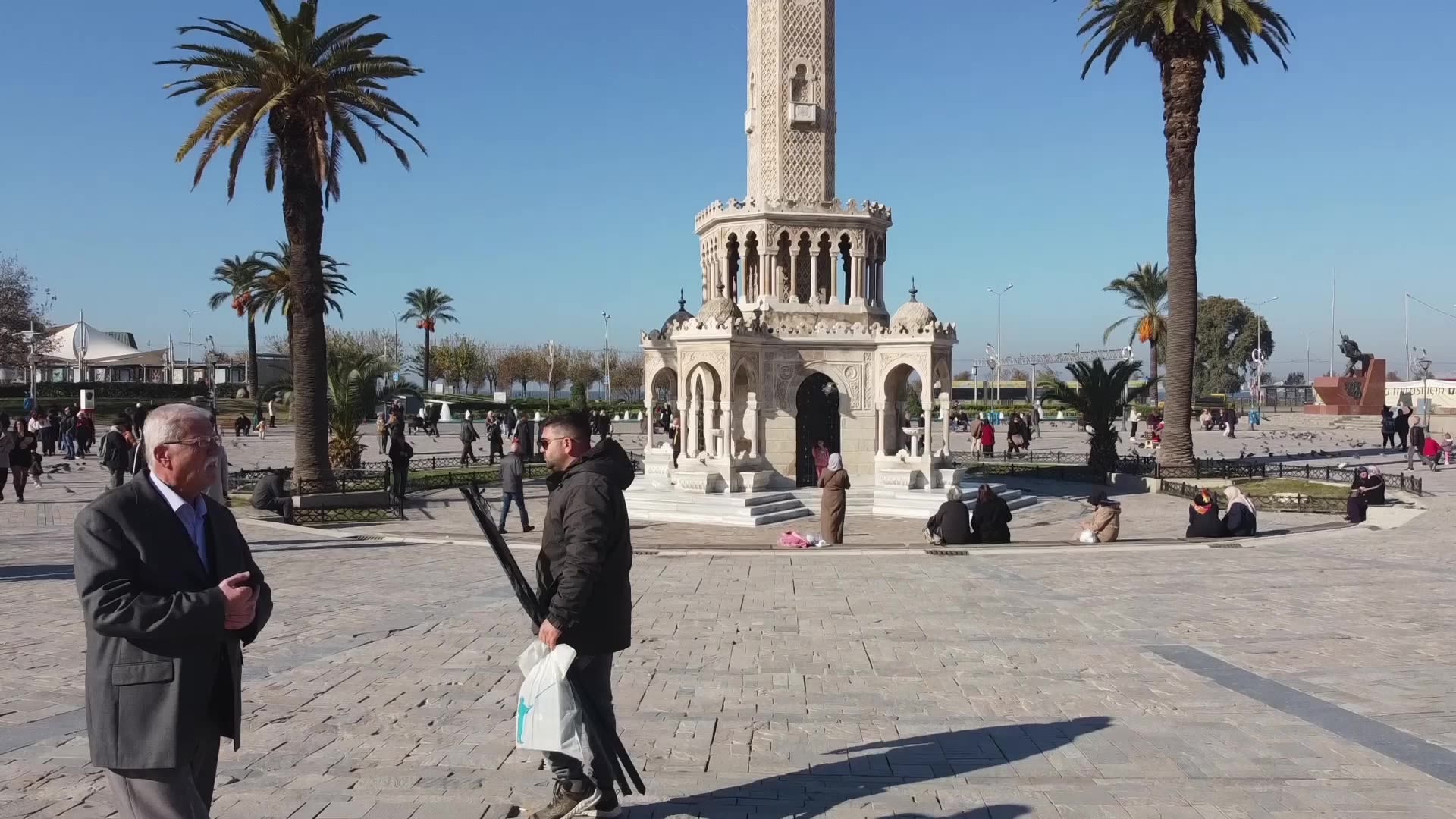
Near the Konak square in Izmir, Ali Hıdır Köseoğlu, from his fourth-floor office in Izmir's Water and Sewerage Administration (IZSU), is watching the ferries crisscross the Bay of Izmir. Water is on his mind. As IZSU General Manager, he oversees the city's relationship with its bay. Adapting to a changing environment is a challenge, he says, citing legacy issues around pollution, wastewater treatment and seasonal fluctuations in water demands - all of which have become exacerbated by climate change.
The third most populous city in Türkiye, Izmir has a history which stretches back over 8,500 years. Steeped in ancient history, the city contains the oldest bazaar in Europe and has developed around 22 kilometers of coastline hugging the sparkling waters of the Gulf of Izmir.
These waters are the heartbeat of the city. But for recent generations, the impact of the rapid urbanization that has taken place across Türkiye has been keenly felt. The growth of the city overwhelmed the bay, which became polluted and known for an unpleasant smell. The city’s water supply has also fallen under significant pressure, particularly during the summer months when large numbers of local and foreign tourists visit the region, putting pressure on IZSU’s ability to meet the increased water demand.
Izmir is not alone in bearing the brunt of challenges like these. Rapid urbanization and climate change are affecting cities across the world. For Prof. Dr. Gökşen Çapar, Director at Ankara University Water Management Institute, climate change poses particular risks to the water cycle, impacting resources in a negative way. “Extreme weather events such as droughts and floods are likely to threaten water security in urban water supply services” she says. This highlights the importance of adaption, and how essential it is that climate-resilient, low-carbon solutions are used to address these issues in harmony with nature.
Over the past decade, a long-term partnership has developed between the city and IFC which has provided access to more than $400 million from a group of lenders to finance several municipal projects.
In 2021, this partnership helped the city to address the critical challenges that existed around water supply and wastewater services. Including the development of a drinking water treatment plant in Foça. This support was unique in that it provided the first long-term local currency loan to a municipality in Türkiye. This first of a kind loan provided price protection by eliminating currency risks for IZSU, creating an international loan at local conditions.
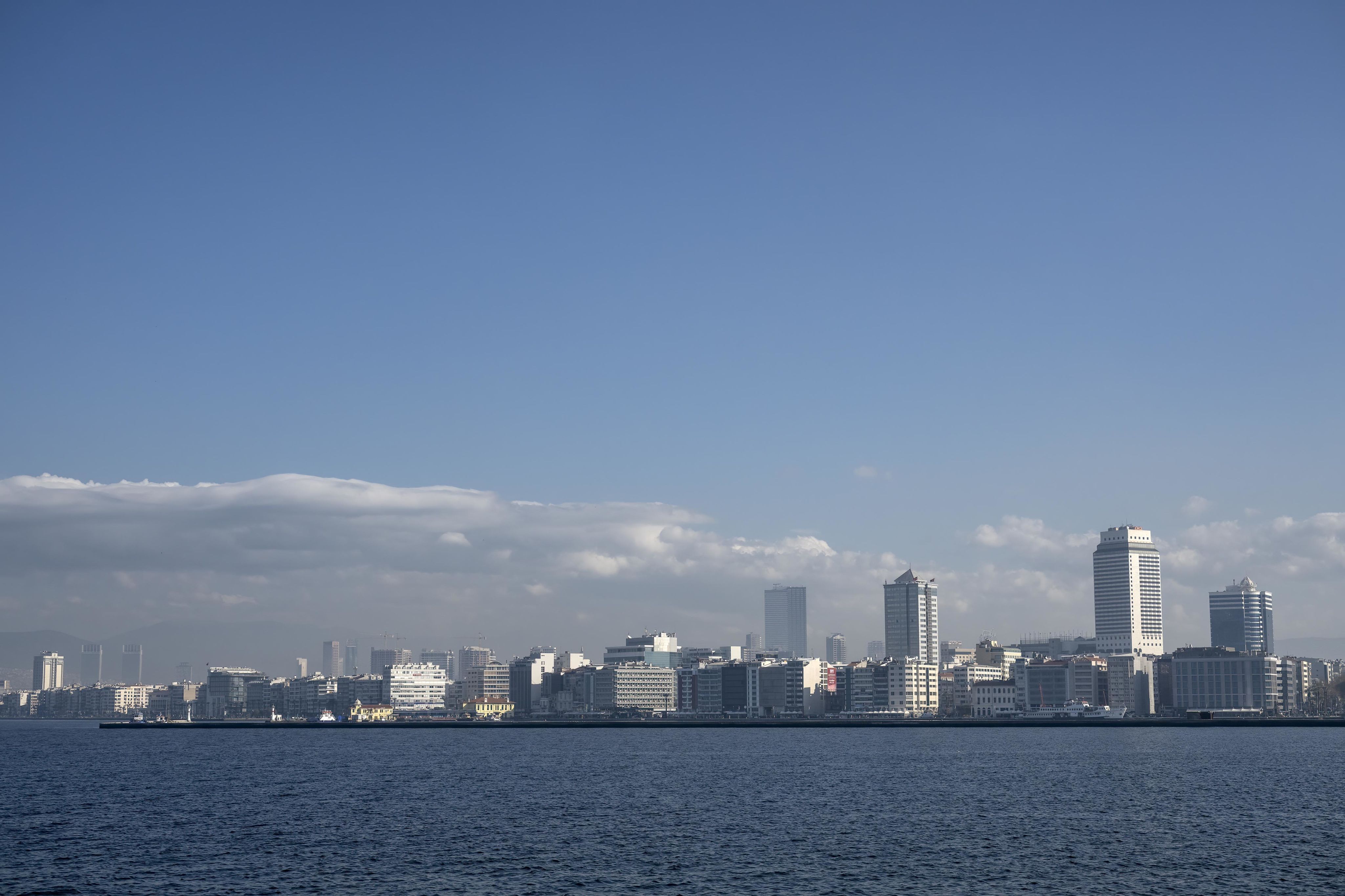
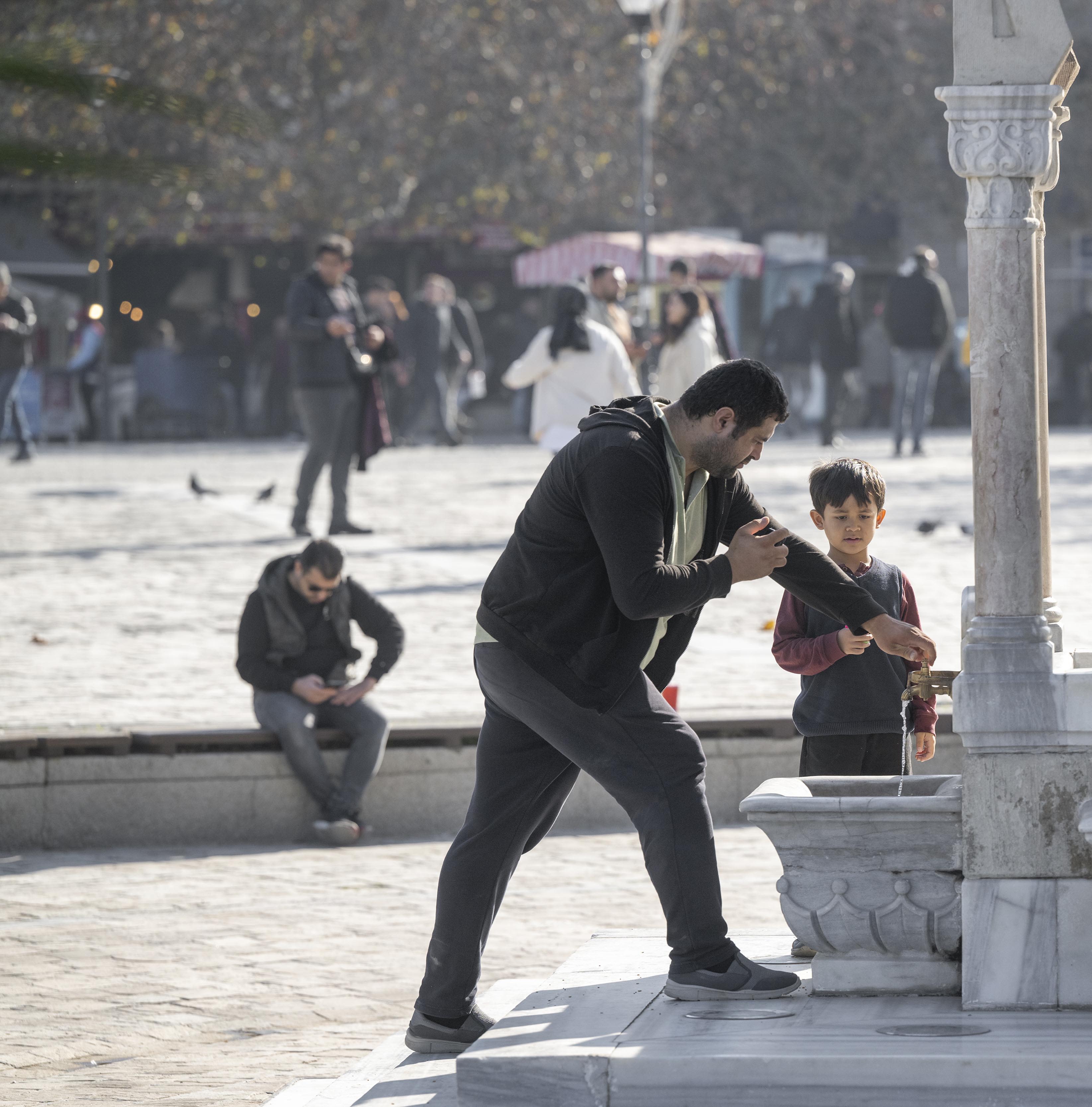
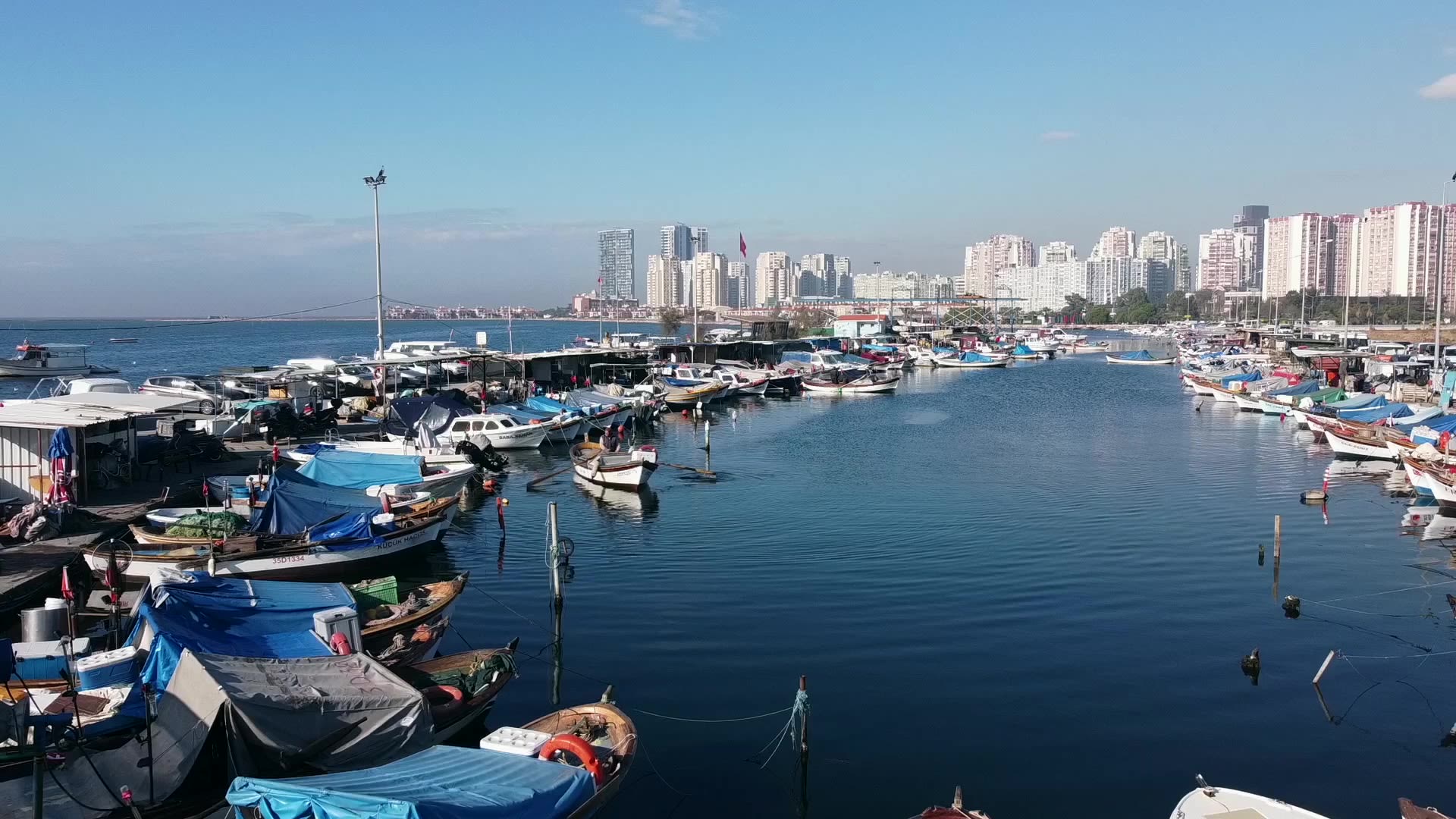
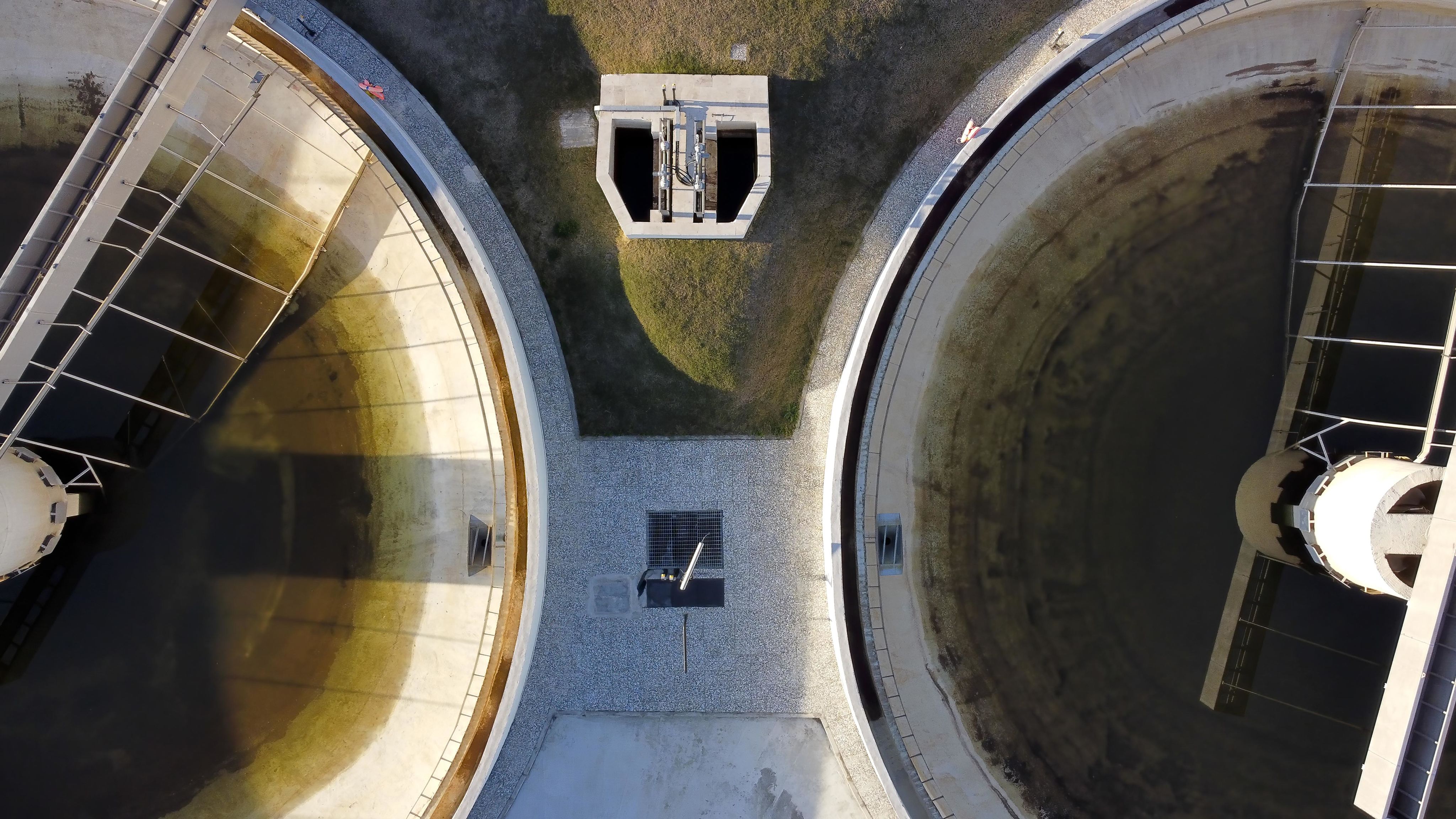
The Foça drinking water treatment plant has significantly improved Izmir’s water supply network, benefiting an estimated 463,000 citizens and providing better-quality drinking water for approximately 200,000 people.
Foça drinking water treatment plant
At the Foça plant, nestled in the hills around Yeni Foça, the calm of the valley where sheep graze on the fertile slopes, is broken by the occasional roar of water pumps. Serhat Ural, head of water filtration at the plant, talks through the fourth step of the filtration process, where water is filtered through three grades of sand. As iron-colored water rushes over the ceramic tiles of the holding tank and runs off to the next stage of the process, Ural explains why this process is so important to the residents of the eight local districts who use it to cook, bathe, and clean with.
Underground and surface water are first collected and treated by the plant, to be distributed across the local region. The Foça plant has significantly improved Izmir’s water supply network, benefiting an estimated 463,000 citizens and providing better-quality drinking water for approximately 200,000 people. The plant, which was supported by the 2021 IFC loan, is a key element of the infrastructure network supporting the city to adapt to more extreme weather conditions and providing a continuous supply of water to a population which grows significantly in size during the summer months.
Today, with the ongoing assistance of development partners, the activation of new drinking water facilities is promising sustainable access to drinking water for the city’s 4 million residents, and the protection of conservation areas is providing fertile breeding grounds for the city’s exotic wildlife.
Despite strategies that were created to ensure this region's 4.3 million people will have continued access to clean water, changing weather patterns risk interfering with these plans. One of the major concerns is how they may impact the availability of water. “Climate change-driven irregularities are creating challenges for our water collection patterns,” Ural says. For example, 2023 was the worst year for water collection in the past 15 years, with dam levels at their lowest. Expensive new water wells are required to help meet demand. The impact of climate change on water collection methods provides a new challenge for the city, one that will require both technology and funding to address, says Ural.

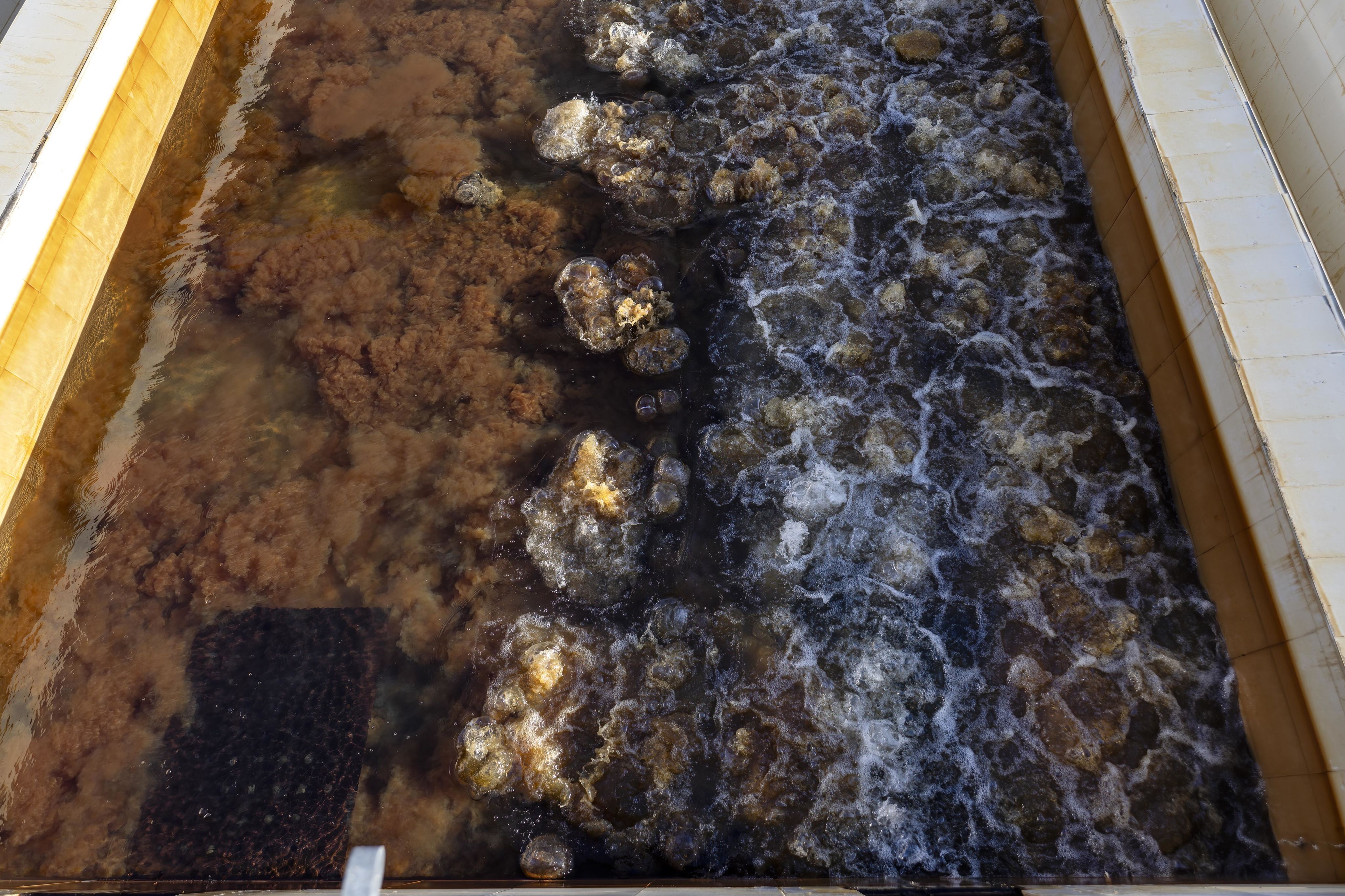
The fourth step of the filtration process, where water is filtered through three grades of sand.
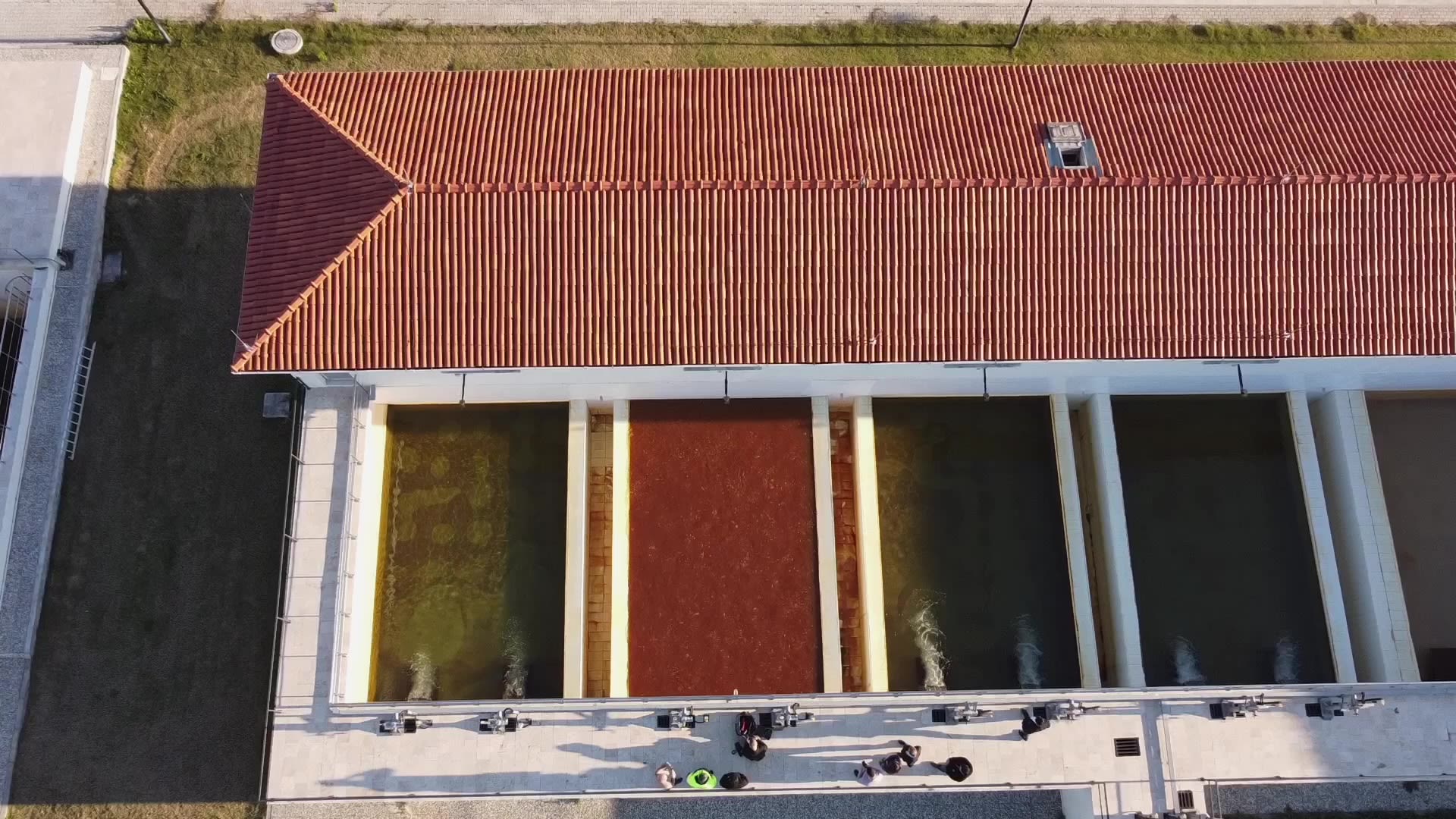
A partnership built on trust
The plant at Foça is the latest example of how Izmir and IFC are working together. Under the IFC Cities Initiative, over the past decade, a working relationship has developed to finance a range of municipal projects. These include a tramway that connects remote areas to the city center, a smart traffic management system, and improvement in its water and wastewater services. IZSU was one of the first members to join IFC’s Utilities for Climate (U4C) network which supports water utilities find climate -friendly solutions to their challenges through investments, technical assistance, and knowledge-sharing partnerships. “IFC’s know-how, international knowledge, institutional framework, and reporting requirements have been essential for helping the city address some of the environmental challenges it has faced,” Köseoğlu says.
The comprehensive approach and success of the partnership with Izmir has become a basis for the IFC Cities Iniative around the globe and resulted in partnerships with Bogota, Colombia, Ekurhuleni, South Africa and Zagreb, Croatia, among many others. The success of the work in Izmir has not been achieved alone. IFC has also been able to mobilize MIGA to strengthen access to commercially based long term financing sources and introduce the IBRD to provide a 2022 loan to deploy the cities’ emergency response facilities.
Advisory engagements have also helped Izmir prepare its Smart City Strategy and Action Plan and a Biodiversity Action Plan, which intends to preserve the corals around the coastline. The partnership between IFC and Izmir Metropolitan Municipality has evolved through these multiple engagements and resulted in significant improvement in the city's urban environment. For Tunç Soyer, Mayor of Izmir, IFC has been “much more than a source of finance, it is a partner whose global experience can help to design the future of the city.”
The improvements to water infrastructure are helping the city tackle water scarcity issues resulting from climate change. The efficiency of the new technology has resulted in a 97 percent treatment rate, in compliance with EU standards, for wastewater in the city, the highest in the country and twice the national average, says Soyer.
Implementing the technology to address infrastructure challenges when tackling water scarcity is a challenge facing cities around the globe, “Cities, such as Izmir, in emerging economies, are facing a massive demand for new infrastructure and it is essential to develop these in a low-carbon manner to tackle climate change.” said Hela Cheikhrouhou, IFC’s Regional Vice President for Middle East Central Asia and Türkiye. “Our work with cities will support them to transition to sustainable, inclusive, and green built environments.”
The 2021 financing was significant as it is supported by IFC’s first sustainability-linked loan globally in the infrastructure space. A sustainability-linked loan is one which aims to facilitate and support environmentally or socially sustainable economic activity and growth. The Social Gender Equality Plan developed by IZSU under this investment has supported gender equality in the workforce. Thirty women have been hired into traditionally male-dominated roles, and the agency has established companywide training and reporting mechanisms for all staff to address instances of gender-based violence. For Nalan Akıner, finance manager of IZSU, these efforts have impacted the company culture and resulted in a “corporate wide mindset change, where women are more confident across the organization.”
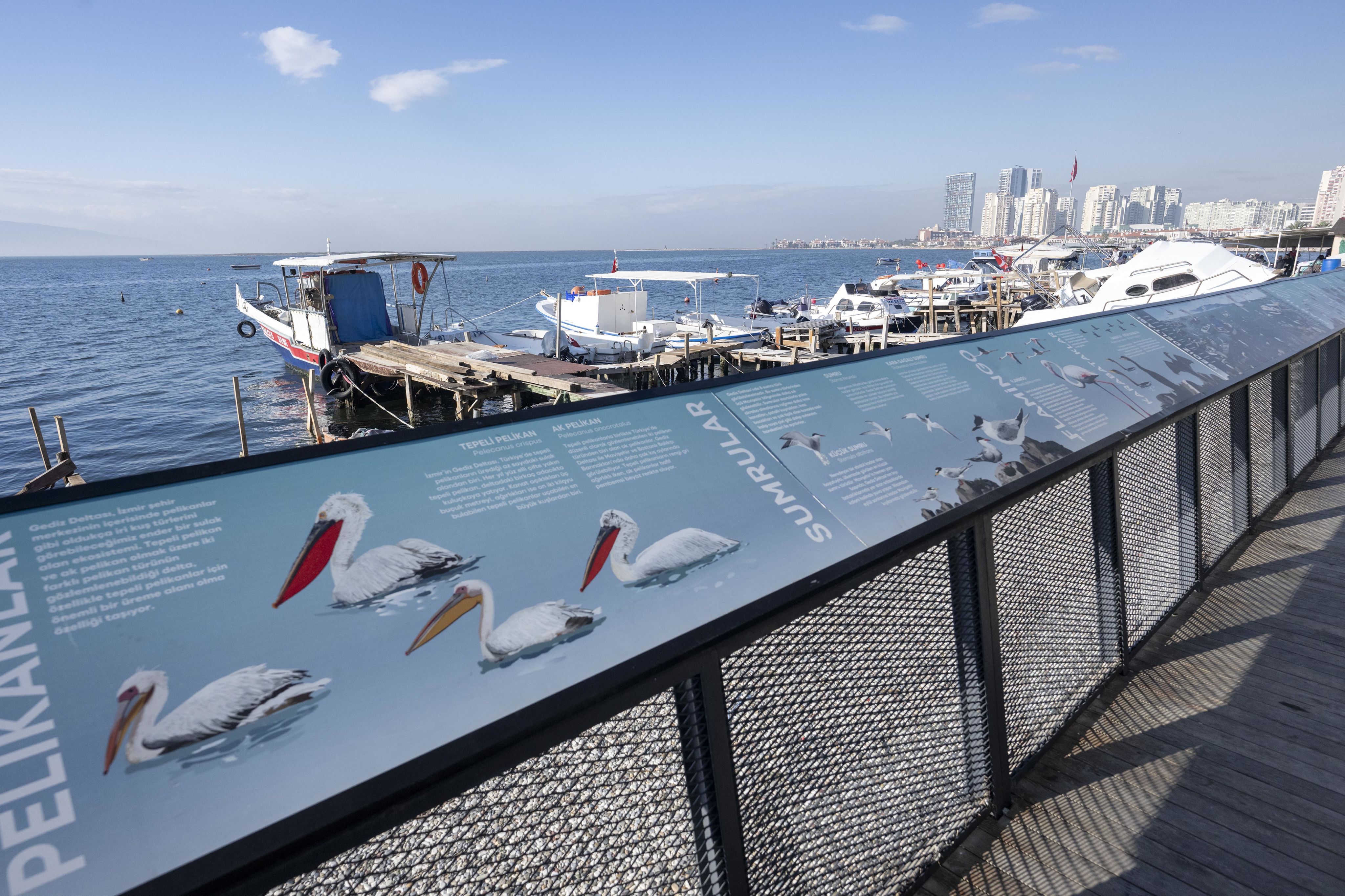
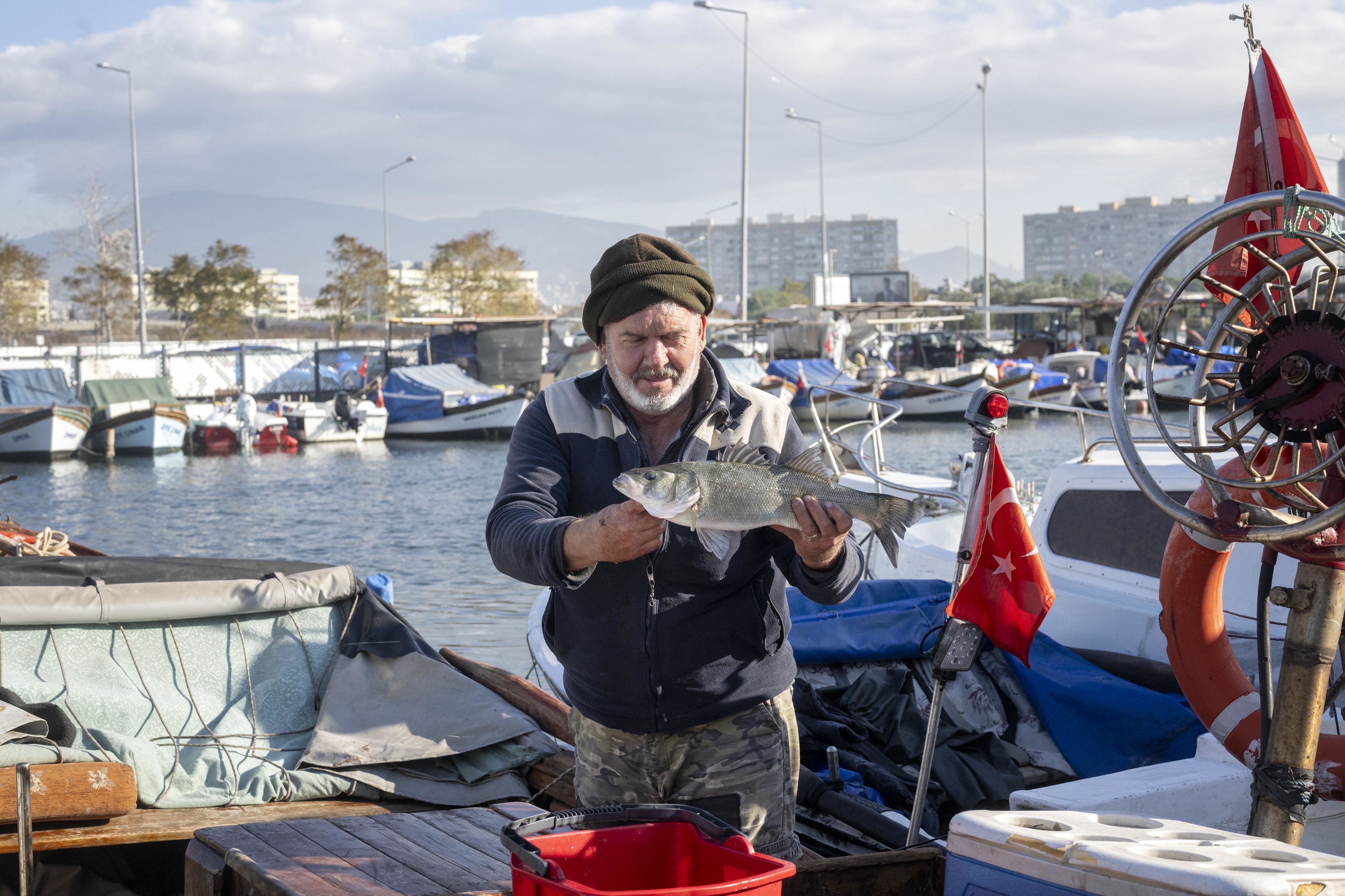
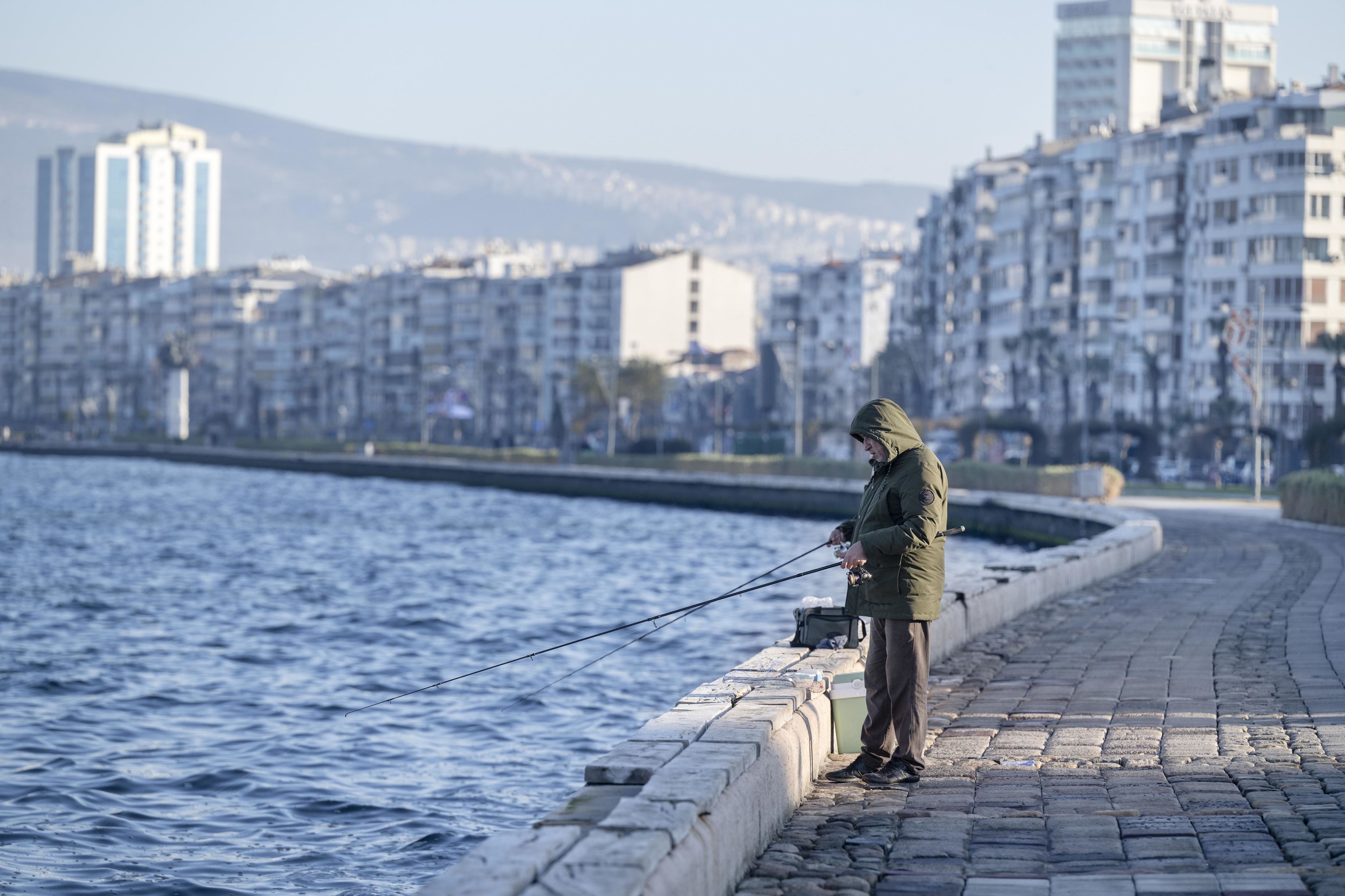
Birds of paradise
The long-term outlook and focus on the water that surrounds the city has also had a significant impact for another group of residents.
The Izmir Bird Paradise, an 8,000-hectare conservation and breeding ground, is home to 289 bird species and is one of the largest wetlands in the Mediterranean. The area provides a home and breeding ground for 60,000 greater flamingos, one of six species that account for 10 percent of the world’s population. In addition to providing a home to rare bird species, it also provides a welcome respite for more than 50,000 birds on their annual migration routes.
The sanctuary provided to these birds by the city of Izmir represents the significance of the change that has taken place. Moving from a rapidly urbanizing port city with pollution issues to a sustainable and green city conscious of its impact on wildlife and nature, Izmir’s focus on sustainability is impacting the rest of the country and the region.
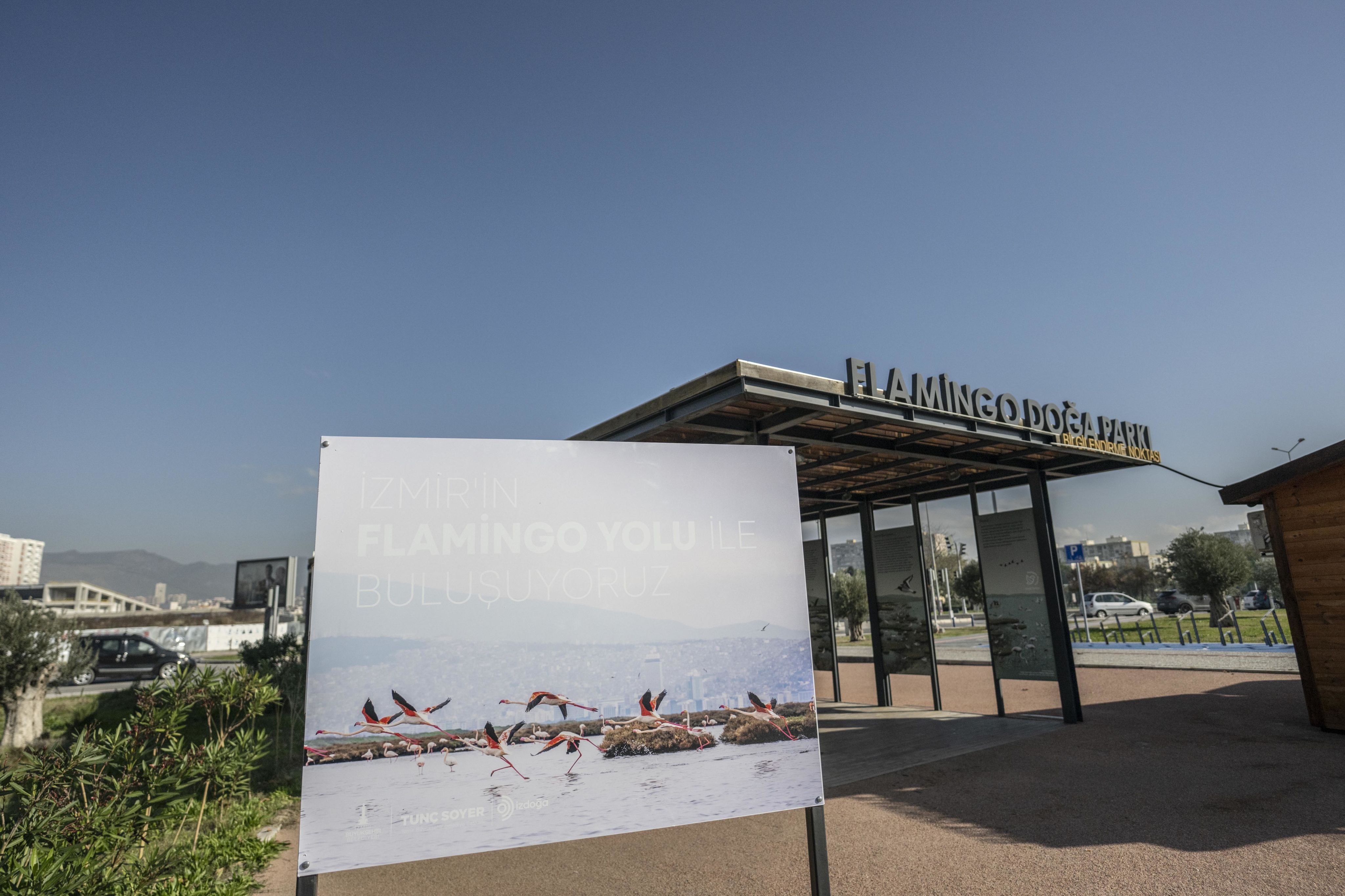
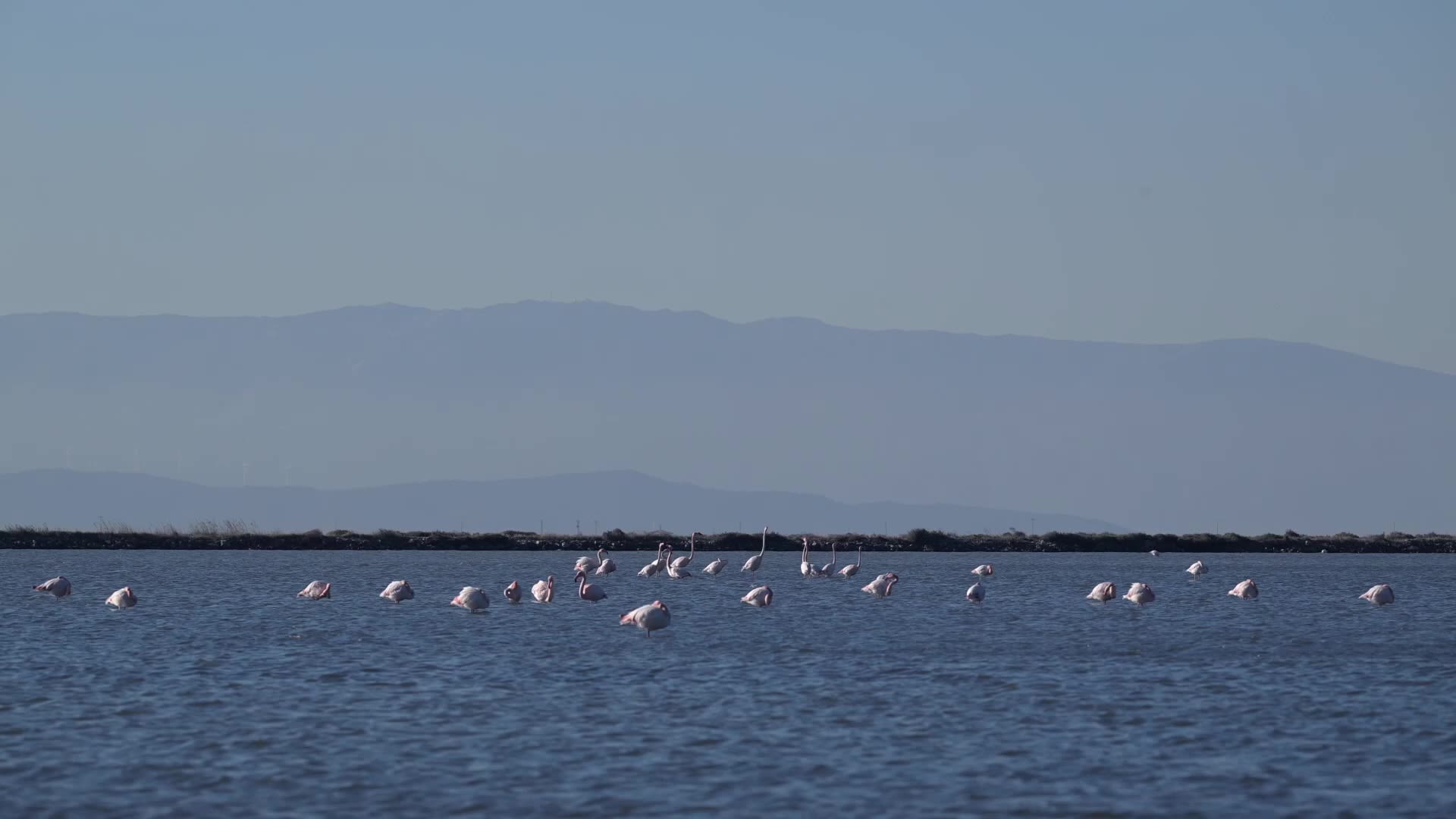
Living Bay Strategy
A new vision of the city is underpinned by the “Living Bay Strategy” which aims to rehabilitate the rivers flowing into the bay and create natural green corridors which run along them. To meet this vision of the future will require continued effort, mayor Soyer acknowledges. This future should not be imagined without considering the lessons of the past, he says, noting that “sustainability is the justice between the past and the future.”
For the residents of Izmir, this focus on the health of the city and its bay means a lot. Sonay Altıntaş, a local resident, has noticed significant improvements to the bay, including improved cleanliness, a reduced odor and the creation of new public spaces. For her and the residents of the city, this is important, because “the bay embodies transportation, commerce, and entertainment; in essence, it represents everything for us”.

